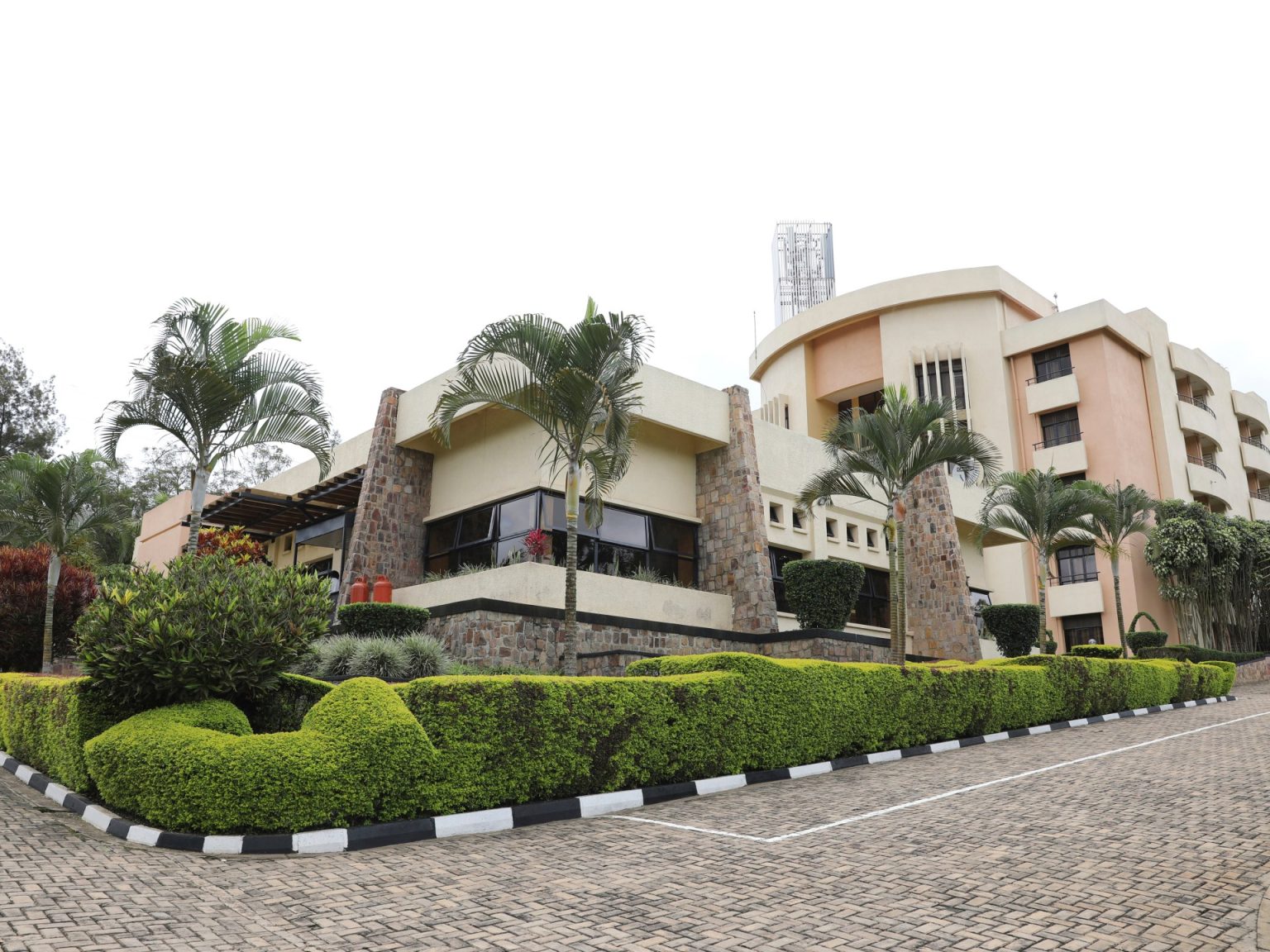In a recent proposal, a German official has suggested sending asylum seekers to facilities in Rwanda that would be funded by the United Kingdom. This idea comes after the UK abandoned its own deportation plan to Rwanda and Germany’s Special Representative for Migration Agreements, Joachim Stamp, believes that the European Union could utilise existing asylum facilities in Rwanda that were originally intended for the UK’s plan to send undocumented refugees and migrants to the East African nation. This proposal is aimed at refugees and migrants crossing the EU’s eastern borders, estimated to be around 10,000 people annually, and Rwanda has shown interest in continuing with this model.
The proposal has come at a time when the German government is facing increasing pressure to address undocumented migration, particularly with the rise of far-right sentiment and recent electoral gains by the anti-immigration Alternative for Deutschland (AfD) party. Stamp, who is part of the Free Democratic party and works in the Interior Ministry, has rejected broader proposals from the conservative opposition to apply the Rwanda model to all refugees. German Ambassador to the UK, Miguel Berger, clarified that there is no plan to deport asylum seekers to Rwanda, but rather to process asylum applications in third countries in accordance with international humanitarian law and with the support of the UN.
Under the UK’s now abandoned plan, asylum seekers sent to Rwanda would remain there if their claim was accepted, but they would not be allowed to return to the UK. Alternatively, they could apply to settle in Rwanda on different grounds or seek asylum in another country. Legal challenges prevented people from being deported from the UK to Rwanda, but accommodations for migrants funded by the UK had already been established in the capital city of Kigali. Stamp’s proposal to use Rwandan facilities for asylum seekers crossing the EU’s eastern borders indicates a new approach to managing migration in Europe.
Stamp’s remarks in the podcast by Table Media have sparked discussions about the feasibility and ethics of such a proposal. The idea of processing asylum applications in third countries raises questions about the responsibility of EU member states in protecting refugees and migrants. The consideration of Rwanda as a potential location for these facilities also shines a light on the varying approaches to asylum and migration policies in different parts of the world. As the political climate in Europe continues to evolve, finding solutions that balance humanitarian concerns with domestic pressures will be key in shaping the future of migration policy in the region.
Ultimately, the proposal to send asylum seekers to facilities in Rwanda funded by the UK represents a new potential direction in addressing undocumented migration in Europe. While the UK’s own deportation plan to Rwanda faced legal challenges and was eventually scrapped, Germany’s consideration of utilising existing facilities in Rwanda highlights the complex and evolving nature of migration policy in the region. As discussions continue, it will be important to carefully assess the implications of such proposals on the rights and well-being of asylum seekers and migrants, while also considering the broader political and social contexts in which these decisions are made.


